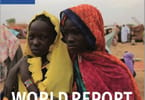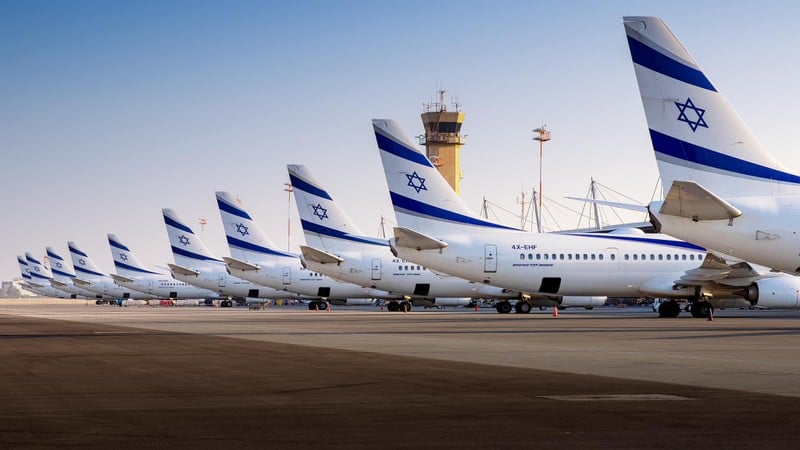Twenty-one years ago, the world woke up to news that mass killings had started in Rwanda, learning later that one of the modern days’ worst genocide was underway.
The world, once the full extent of the 100 days of senseless slaughter became apparent, stood in shock, and many world leaders have since offered their apologies to the people of Rwanda. They offered apologies to the victims and survivors in particular, for their personal and institutional failures to protect the nearly one million innocent – the babies, children, elderly, women, and men who were slaughtered by frenzied killer militias. Many of these world leaders soon after the genocide also pledged “Never Again,” but here as elsewhere, rhetoric seems to have taken over from action on the ground. Little has happened over the past 21 years to arrest and prosecute many of those responsible and still at large, including the militia leaders on the loose in Eastern Congo.
Agreed, there have been successful prosecutions, but the reputation of the International Tribunal in Arusha is now in tatters after the appeal division has set aside a number of convictions under the most dubious of circumstances leading to allegations of bias and worse against the judges in that chamber. Others of those responsible are said to be hiding in a number of countries, and while there have been some extraditions, others continue to enjoy their freedom as a result of legal maneuvers and obstacles created by the host countries for Rwanda to bring them to justice.
Twenty-one years in human terms means the coming of age, but does a genocide ever come of age? Can it come of age when the killer militias responsible for these brutal acts still roam freely in Eastern Congo? Can it come of age if those killers continue to be protected if not aligned with the regime in Kinshasa? Can it come of age when the killers continue to be left alone by the UN’s protection and intervention force, left alone by the South African and Tanzanian troops which last year went after the M23 militia – an armed group which was allegedly aligned with and friendly to Rwanda and Uganda – with such force and intent as if pots of gold would await every single of their troops after finishing the job?
The Forces for the Liberation of Rwanda (FDLR) and allied militias pose the arguably biggest threat to the security of the Great Lakes region. The role Tanzania played last year and continues to play is a source of growing concern for other regional leaders, who eyed with suspicion the hosting of militia leaders inside Tanzania on several occasions and noted with growing anger and frustration the reluctance of Tanzanian troops to engage, contain, disband, and arrest these armed groups on the loose in Eastern Congo in defiance of UN Security Council resolutions.
“The victims deserve justice. The survivors need to find peace, and that is only possible when the FDLR threat is removed once and for all. As long as these killers are left alone, they continue to threaten our new Rwanda. They continue to openly promote their genocide ideology and have vowed to return one day and finish the job. What does it take for the UN forces, for the world at large, to put an end to this? The world stood by and let the genocide happen; the world has a responsibility to do what it takes to stop another one!” wrote a regular Kigali-based source when asked to comment.
In Rwanda, from today, a 100-day period of remembrance is getting underway as has been the case for many years now. Named “Kwibuka 21,” the new Rwanda, which has risen like the Phoenix from the proverbial ashes, will commemorate the events of 1994 in a series of events across the country. The new Rwanda will continue to ask for justice for the victims and call for the arrest and extradition of those accused to have played a role to promote and perpetrate the genocide.
Only when all these criminals have faced justice, will the 1994 genocide truly come of age and can be dealt with by this and future Rwandan generations the way it should, as a tragic 100 days, never to be repeated again. That requires that those who continue to deny the facts and those who continue to promote divisive ideologies based on tribal affiliation are dealt with without hesitation and so firmly as to stamp out any potential seeds of this mindset ever taking root again in Rwanda.
Hundreds of thousands of visitors have in recent years come to Rwanda, on business and for tourism purposes, and they have witnessed a country in reconciliation mode, trying to heal the wounds left by the 1994 genocide and keen to move on. They have seen villages where victims and perpetrators now live side by side, narrating their stories to those visitors who come for more than tracking gorillas. The National Genocide Memorial in Kigali is today one of the most visited locations anywhere in the country and many safari operators now make a point to have their tourists even stop at memorial sites across the country. There visitors can pay their respects and understand better what happened 21 years ago. By visiting such sites, they can see that other than parts of the country already under control of the Rwandan Patriotic Front (RPF) at the time in 1994, the rest of the country was entirely engulfed in the genocide, and they can learn lessons, take lessons home with them, that the world has a collective responsibility to prevent such from ever happening again.
Economically, the country has no doubt moved on and in fact set standards for many African countries to follow. Visitors see a new Kigali, a capital which without doubt is the cleanest and safest capital in Africa. They pass through a new airport, perhaps fly in on the new planes of RwandAir, stay in new hotels and travel on new roads free of potholes, again almost a novelty for this part of Africa. When the new Rwanda says it is a corruption-free zone, it is not just propaganda but a fact of life as those who grease palms and those whose palms are greased have a good chance to end up in prison.
Politically, too, a new positive spirit is at work in the country, but closure can only be accomplished when the prison gates are locked behind the last of the perpetrators and promotors of the genocide.
The civilized world today again stands side by side with Rwanda, to remember, to commemorate, and to take note of those absent who fail – some in fact year after year – from taking responsibility for their failures in 1994.
Stand with Rwanda today, to Remember – Unite – Renew.
WHAT TO TAKE AWAY FROM THIS ARTICLE:
- Can it come of age when the killers continue to be left alone by the UN's protection and intervention force, left alone by the South African and Tanzanian troops which last year went after the M23 militia – an armed group which was allegedly aligned with and friendly to Rwanda and Uganda – with such force and intent as if pots of gold would await every single of their troops after finishing the job.
- The role Tanzania played last year and continues to play is a source of growing concern for other regional leaders, who eyed with suspicion the hosting of militia leaders inside Tanzania on several occasions and noted with growing anger and frustration the reluctance of Tanzanian troops to engage, contain, disband, and arrest these armed groups on the loose in Eastern Congo in defiance of UN Security Council resolutions.
- Agreed, there have been successful prosecutions, but the reputation of the International Tribunal in Arusha is now in tatters after the appeal division has set aside a number of convictions under the most dubious of circumstances leading to allegations of bias and worse against the judges in that chamber.






















